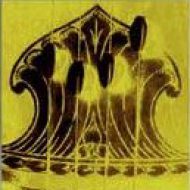by Ludwig Pesch For this musicologist and author, there are good reasons to believe that Carnatic music matters, perhaps more than ever and almost anywhere in the world. So why not perform and teach it in the service of better education for all, for ecological awareness or in order to promote mutual respect in spite …
Continue reading “Why Carnatic Music Matters More Than Ever”
